Salvatore Toma nasce a Maglie l’11 maggio 1951, da una famiglia di coltivatori e fiorai. Il padre compone stornelli per proprio diletto e Toma respira sin da giovanissimo i ritmi e le cadenze delle canzoni del padre.
He attended high school at the Capece Institute in Maglie, but for two years in a row he refused to take the high school entrance exam.
Only in 1971, he agreed to take the aptitude exam for the third year of high school and in 1972 the class council felt the need to justify his admission to the state exams in the following way: “The young man is very gifted in poetic activity… he has an irregular school career behind him, as a result of which gaps in the preparation of some subjects persist”. This is how the classical literature teacher, Claudio Micolano, formulated his opinion: “He lives for himself, for his poetic world; he has shown no interest in the problems of the school”. The class council was chaired by the headmaster, Prof. Nicola De Donno.
1971 is a very important year for the poet from Maglie. After the failure of his first collection of poems, Poesie (Prime rondini), published the year before, Toma, tenacious by nature, publishes a second book of poems, Ad esempio una vacanza, and dedicates it to a psychiatrist from Bolzano, Barbara Ritter, whom he met through a magazine of the time and with whom he has fallen in love. This second publication is introduced by Roberto Muci, a friend of Toma and a new teacher in Lecce. It is in Lecce, going to one of the first lessons held by his friend Roberto, that Salvatore meets Paola Antonucci, the woman he will marry and with whom he will have three children. Ad esempio una vacanza arouses the interest of numerous Salento literary figures. One of these smiles slyly: it is Nicola De Donno, who begins to think he has seen it right.
In 1972, after completing his studies, Toma began a brief period at university. He enrolled at the University of Bologna, Faculty of Literature and Philosophy, but did not complete the first year of studies. Then he tried unsuccessfully to pass the audition at the Academy of Dramatic Arts in Rome. The following year he returned to Maglie and opened a shop selling ornithology and pet supplies. A convinced animal rights activist, he took part in numerous campaigns against hunting and vivisection of animals.
In 1977 he published Poesie scelte, a collection of unpublished poems written in his last years. He began drinking after the birth of his second child and continued to do so for most of his years, until he doubled and then tripled his always small build. Along with Toma’s build, however, the depth of his poetic production also increased. In 1979 he published Un anno in sospeso, the first of three volumes that critics would describe as the cornerstones of Toma’s poetics. Just two years later, Ancora un anno was published, with an introduction by Donato Valli. In 1983, instead, the anthology Forse ci siamo was published by “Pensionante de’ Saraceni”, supervised by his friend Antonio Verri and introduced by Oreste Macrì, who, concluding the discussion begun three years earlier in the essay Naturalismo fiabesco e selvaggio by Salvatore Toma, which appeared in issue 63/64 of the magazine “L’albero”, speaks of Toma as one of the best poets of twentieth-century Europe. It was a very positive period for Toma, who discovered himself more confident than ever in the greatness of his muse. It was also the period in which the poet from Maglie believed most in the possibility of obtaining support from some of the great names in Italian literature of the time and sent a hundred or so letters to them. Many of these did not receive any response; others, however, contained a few lines of cold appreciation. This is the case of Montale who, in a letter dated 11 April 1980, writes, after having received and read the volume Un anno in sospeso, “your book seems interesting to me and I thank you for having introduced it to me”. And, again, of Prezzolini who, in a letter dated 15 October 1981, writes, after having viewed Ancora un anno: “it is not the judgment of a critic, but of a difficult reader: I like your poems”.
Thus, as often happens, a phase of splendor is followed by the thickest darkness. Toma is increasingly at the mercy of alcohol. During this period he even begins to have hallucinations. With the birth of his daughter he seems to show serious signs of recovery. He is hospitalized in Bari and here, for a month, he is subjected to treatments that seem to have the desired effect. However, on the night of March 17, 1987 he is rushed to the hospital in Gagliano del Capo where shortly thereafter, he dies, at the age of just 35. The news of his death is given by Antonio Errico in the Quotidiano di Lecce with these words: "They say that Salvatore Toma is dead. Don't believe it. It's false. Just think that he is no longer on this earth. Because that's what he wants people to think and we can't do him the wrong of betraying him, right now." On his tomb, in the cemetery of Maglie, the family engraved his date of birth and, under his name, the motto dear to him, “a great poet”.
In 1991, Maria Corti edited, for Einaudi, the publication of Il Canzoniere della morte, an anthology of published and unpublished poems by the poet from Maglie. The volume immediately met with public favor and quickly entered bookstores throughout Italy.

 Classic Taste Taralli EVO
Classic Taste Taralli EVO
 Maccheroni Pasta
Maccheroni Pasta









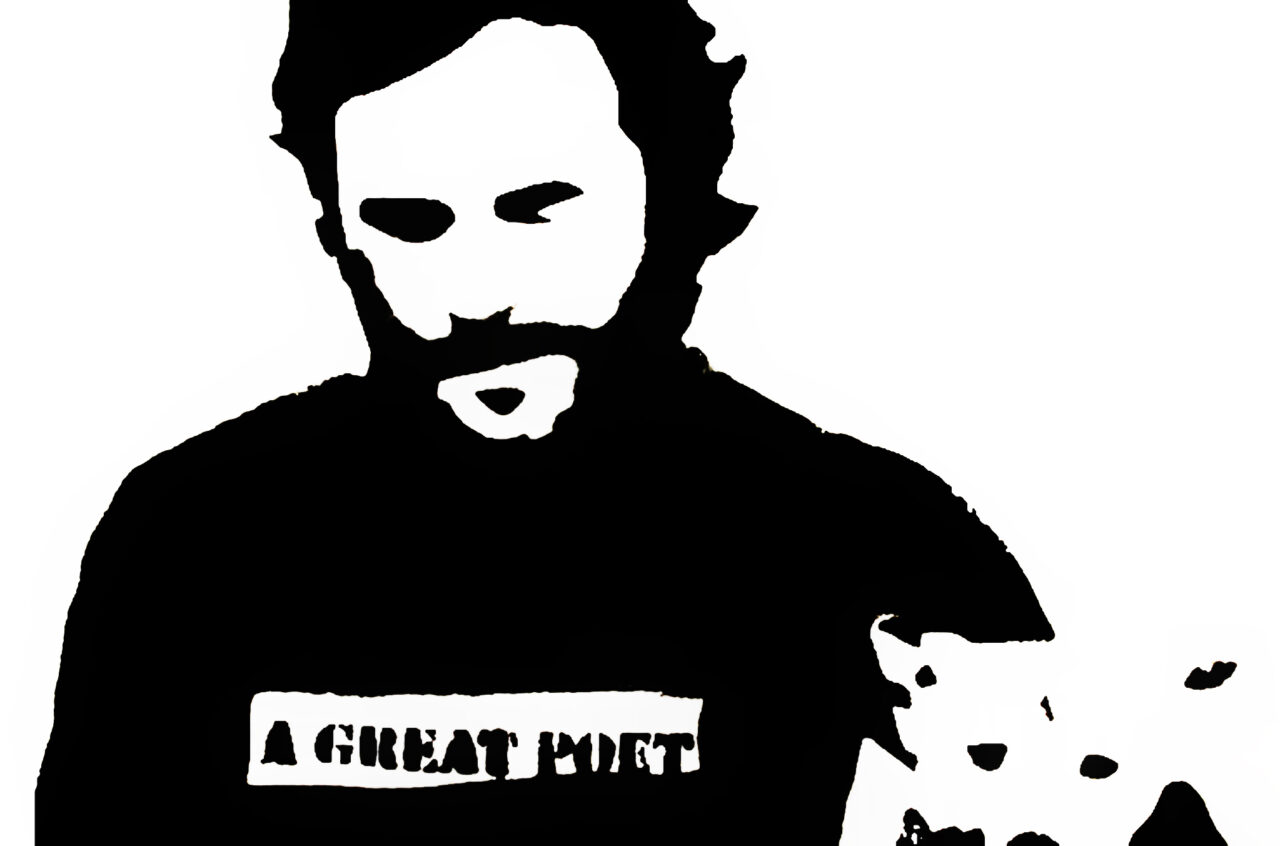
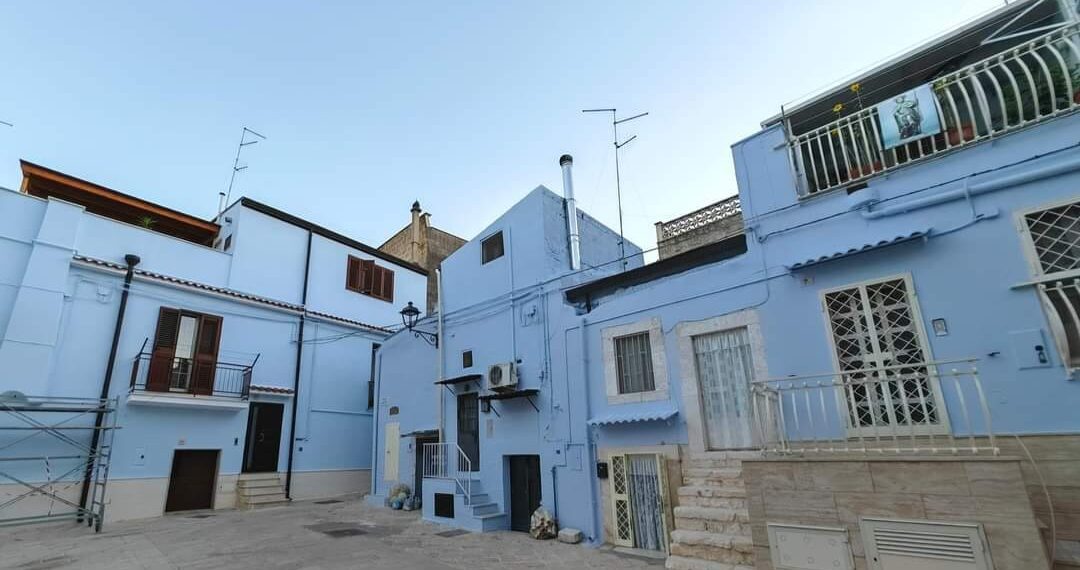
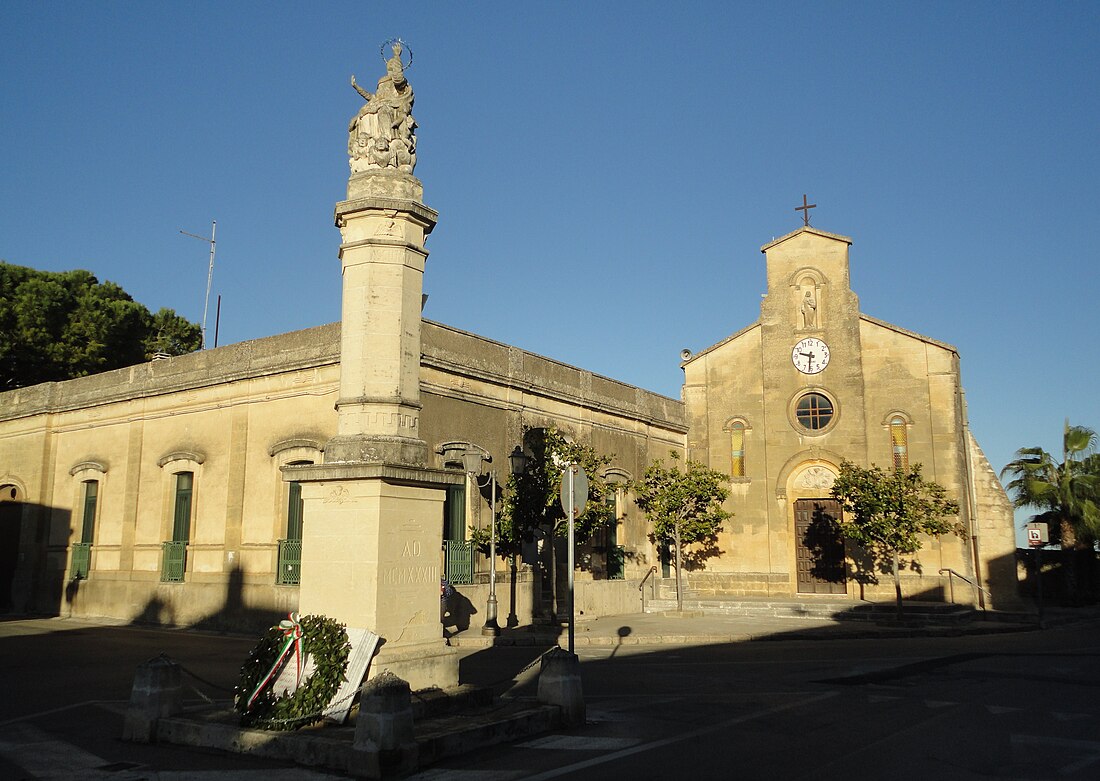
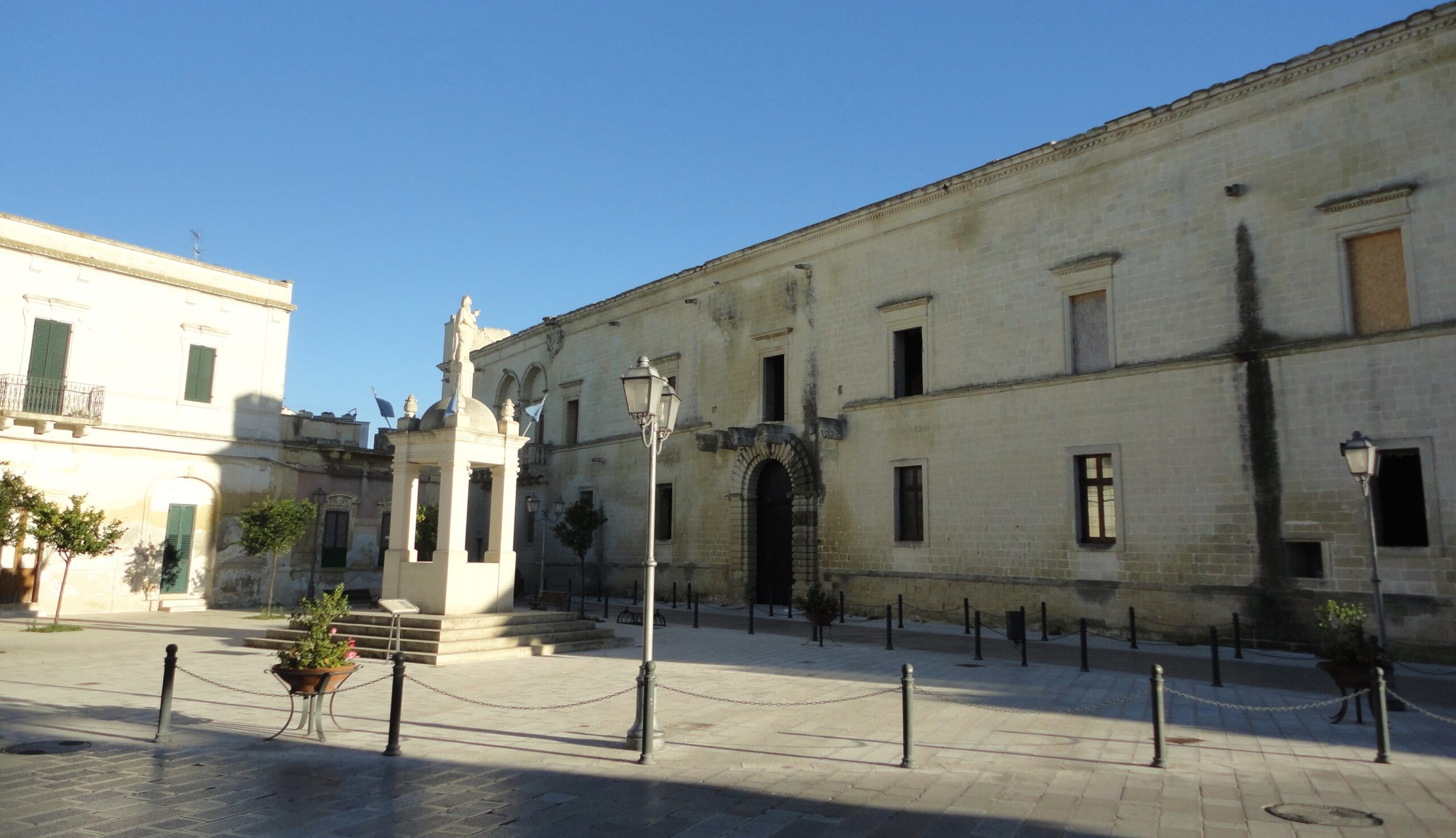
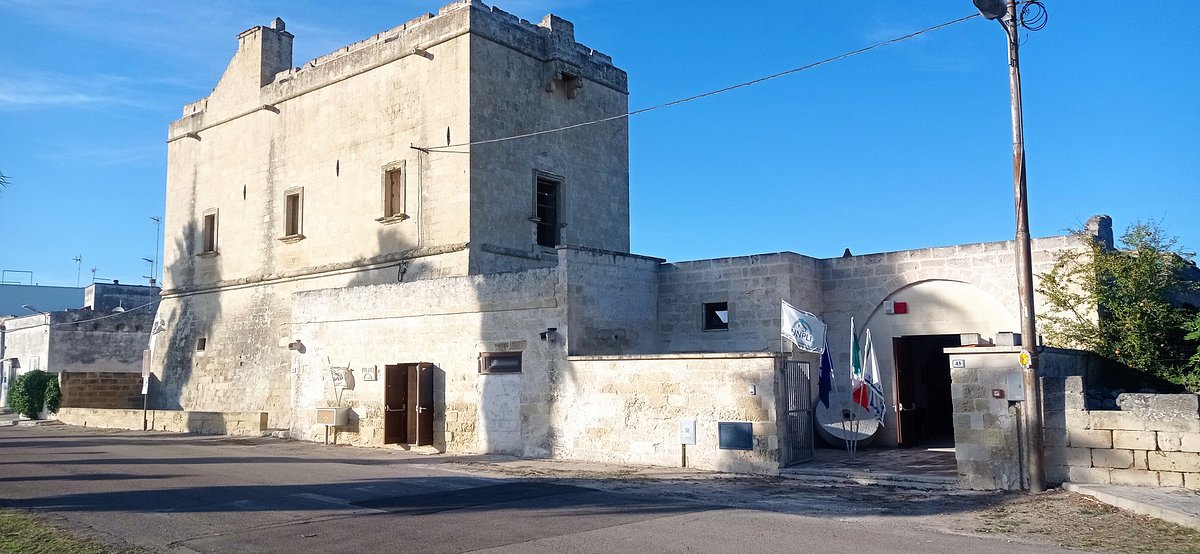




Leave a comment